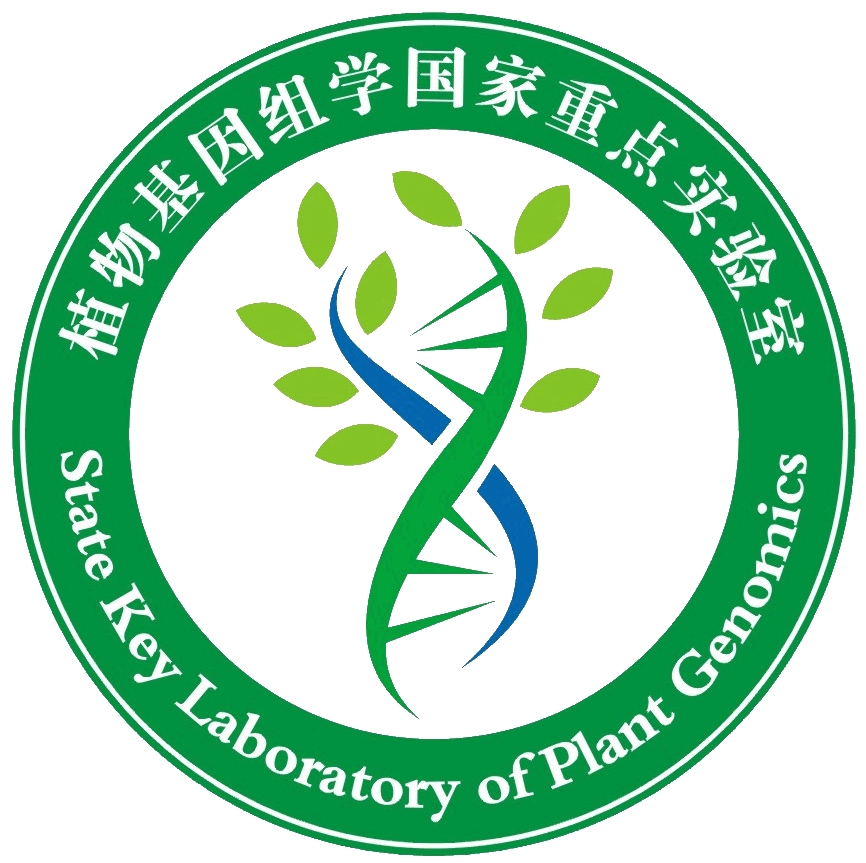
Director: Professor Rongxiang Fang
Vice Director: Professor Wei Qian
Brief Introduction
Department of Agricultural Microbiology and Biotechnology (AMB) is one of the five departments affiliated to Institute of Microbiology (IM), Chinese Academy of Sciences (CAS). The majority of research groups also belong to State Key Laboratory of Plant Genomics (SKLPG) which was jointly formed with laboratories from Institute of Genetics and Developmental Biology, CAS in 2003. SKLPG has been marked as “Excellent Laboratory” by national evaluation held in 2006 and 2011.
Research Team
The AMB department is composed of eight research groups and three young research groups, with totally of thirty three staff members(10 seniors, 8 associates, 13 intermediates, 2 juniors)including one CAS Member, one “Outstanding Young Scientist” . Besides, there are 22 Master students, 37 Ph.D candidates, 5 Post-Doctors, 26 technicians and visiting scholars.
Research Fields
The AMB department focuses on both fundamental and applied researches of interactions between microbial pathogens and plants as well as development of creative biotechnology to promote plant disease resistance, related to prevailing and devastating phytopathogens discovered in China, including virus diseases, bacterial diseases of rice and crucifers, and cotton verticillium wilt disease. In particular, antiviral RNA silencing and viral suppression of RNA silencing, insect vector transmission of plant viruses have attracted our special attention recently.
Research Progress
In 2014, the Department made great progress in the areas of molecular mechanisms of plant disease resistance, microbial pathogenesis, and application of creative biotechnology. Dr. Qiu’s lab obtained the wheat lines resistant to fungi infection by genome editing technology. The results was published on Nature Biotechnology. This is a breakthrough work and has been reported by MIT Technology Review, Nature, CCTV, etc. In addition, the Department also obtained important results in studying the vector-mediated plant virus infection, subtle controlling mechanism in fiber development of plant, the generation and development of tublins by augmin proteins, and the phosphorylation process of bacterial three-component signaling system. These results were published on The Plant Cell, PLoS Pathogens, Current Biology, and Environmental Microbiology.